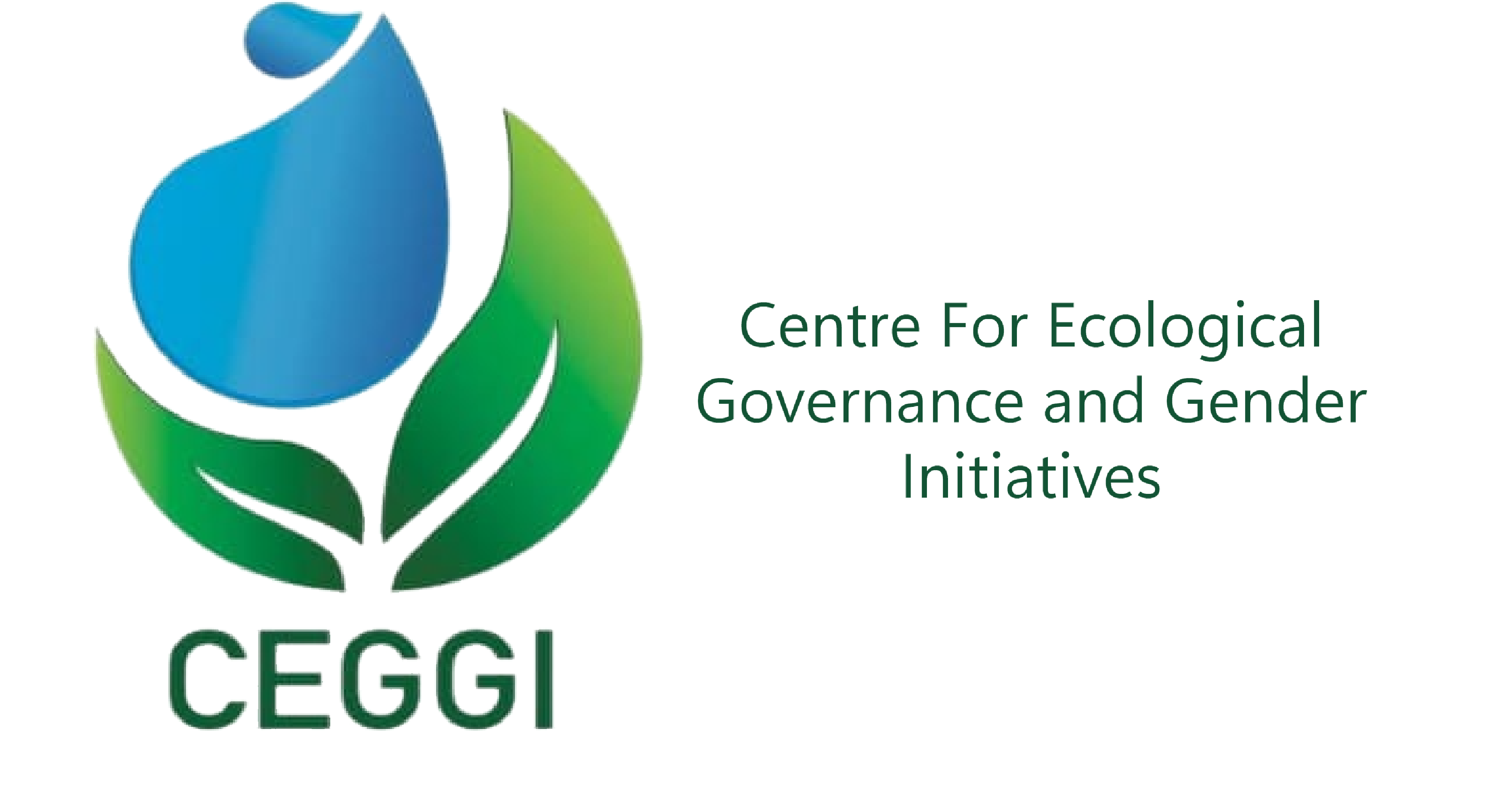MISSION
A national environmental organization that lobbies and advocates for the sustainable management of natural resources for people’s benefit through, advocacy capacity development and gender inclusiveness.
VISION
Improved people’s livelihoods through advocacy and gender inclusiveness in the management and conservation of nature.
STRATEGIC DIRECTION
The goal of this strategic plan is to attain an ecologically balanced environment that supports all forms of beings/life and promotion of gender inclusiveness. This shall be realized through creating awareness and strengthening the capacity of host communities on the importance of nature conservation and enhance the management and use of the ecosystem.
OBJECTIVES
1. To enhance good governance in the conservation and sustainable use, governance, and protection of nature through advocating for ecological balance and appropriate environmental management practices,
d) Networking
2. To contribute towards mitigation and adaptation of climate change through sound management of the ecosystem, agriculture (smart agriculture) to promote food sovereignty and combat hunger
3. To promote gender parity and enhance capacity of women for effective gender responsive policy influence and inclusiveness in the use and management of natural resources and promote human rights in development processes.
MANDATE:
CEGGI’s mandate is to embed ecological and gender values in all levels of decision- making, actions and practices from personal to national point of view in the management of environment. These shall be addressed through:
i) Lobbying and advocating for best practices in natural resources governance
ii) Supporting activities that promote best practices in the areas of Natural ressources governance and conservation
iii) Productive engagement and networking with other partners of like mind
iv) Promoting community education and capacity building to know their rights and promote gender participation and inclusion in decision-making aspects
v) Build the capacity of CEGGI to achieve its objectives
CORE VALUES:
a) Ecological and gender values Staff who are passionate and professionally promote and participate in ecological and gender values in management of the ecosystem. b) Integrity
CEGGI staff and members shall conduct themselves in sound morals that respect nature and both sexes in a manner that is without reproach. c) Teamwork
Teamwork is crucial to accomplishment of assignments and success of the organization and CEGGI puts emphasis in working as a team by its staff and respect of each member’s contribution.
CEGGI Strategic plan 2017
d) Networking No one has it all and therefore CEGGI’s networking with other development partners and stakeholders will give each party a great opportunity to learn and get familiar with key information on subjects of concern and how to address them in the best and sustainable manner.
3.0 AREAS OF FOCUS:
1. Sustainable natural resource use and management
Forests, wetlands, extractives, energy and land use – driving towards ecologically sound management of the environment so as to have a balance between plants, animals, people and their environment as the rights of both nature and human beings are respected – ecological balance.
2. Food sovereignty
▪ Promoting food sovereignty through agro-ecology farming and promoting of indigenous foods and tree planting
▪ Supporting women’s efforts as custodians of food and seeds in the contributions to the sustainability of community food as a key to food sovereignty
▪ Mitigation and adaptation to climate change through planting of indigenous foods and trees that are resilient to the weather in respective landscapes through cultural and indigenous knowledge and values.
3. Gender and HIV
i) Gender:
▪ Mainstreaming gender through capacity building, inclusion and participation of both men and women in policy formulation and decision-making processes as key to achieving the desired goals in the development processes.
▪ Building a women’s movement to defend their rights against the impacts of development processes
ii) HIV:
▪ Most people are either infected or affected by the stigma. To positively involve them in any development process, the issue of HIV/AIDS has to be put into consideration through minimal psychosocial counseling by qualified personnel – This is a way of psychologically alleviating the impacts on people infected and affected by HIV and thus preparing them to be fully involved in community development processes – a human rights need.
4. Water Governance
Ensure access to safe and clean water, sanitation, and hygiene for all through negotiated and rights based approach.
